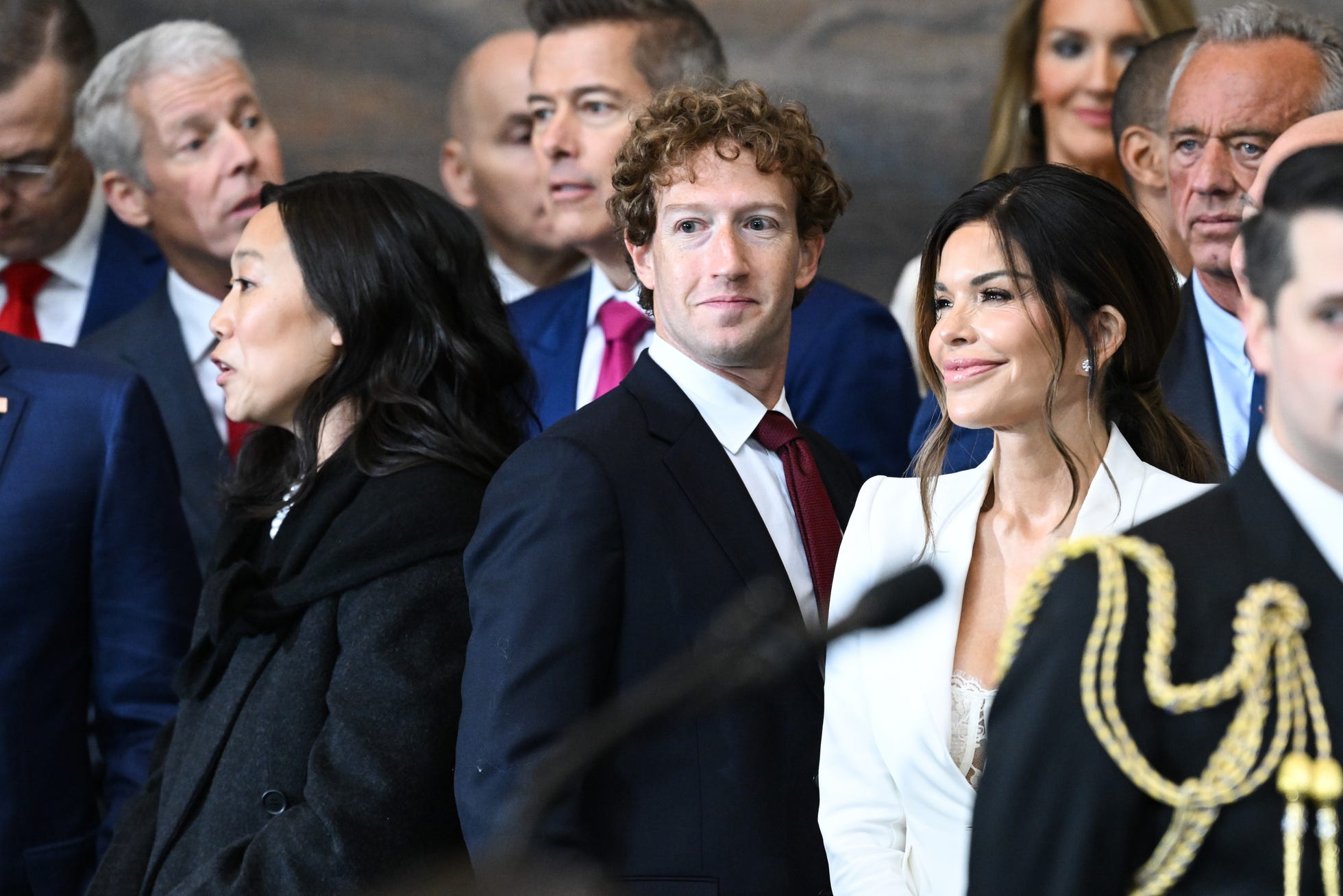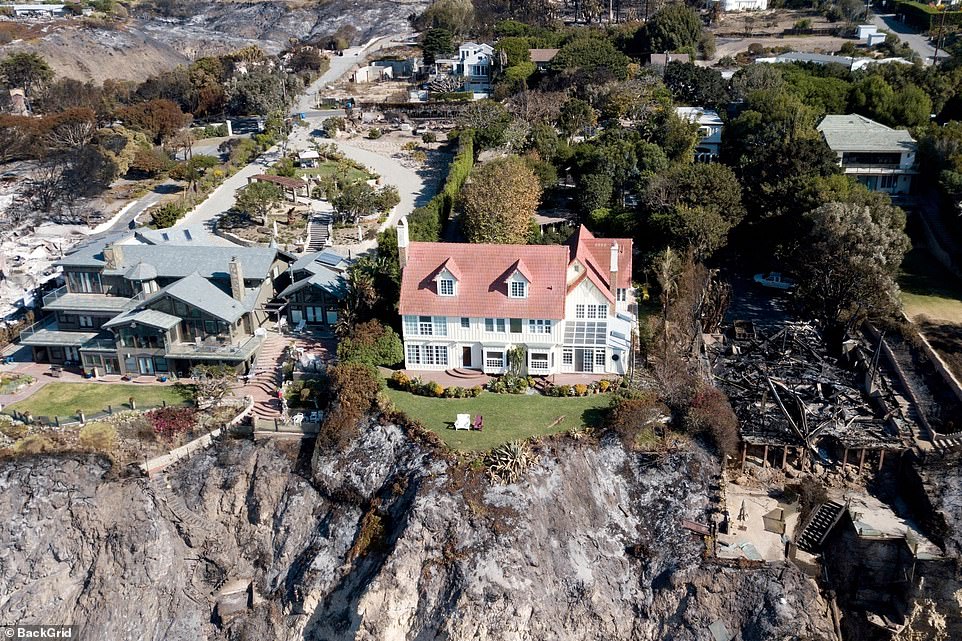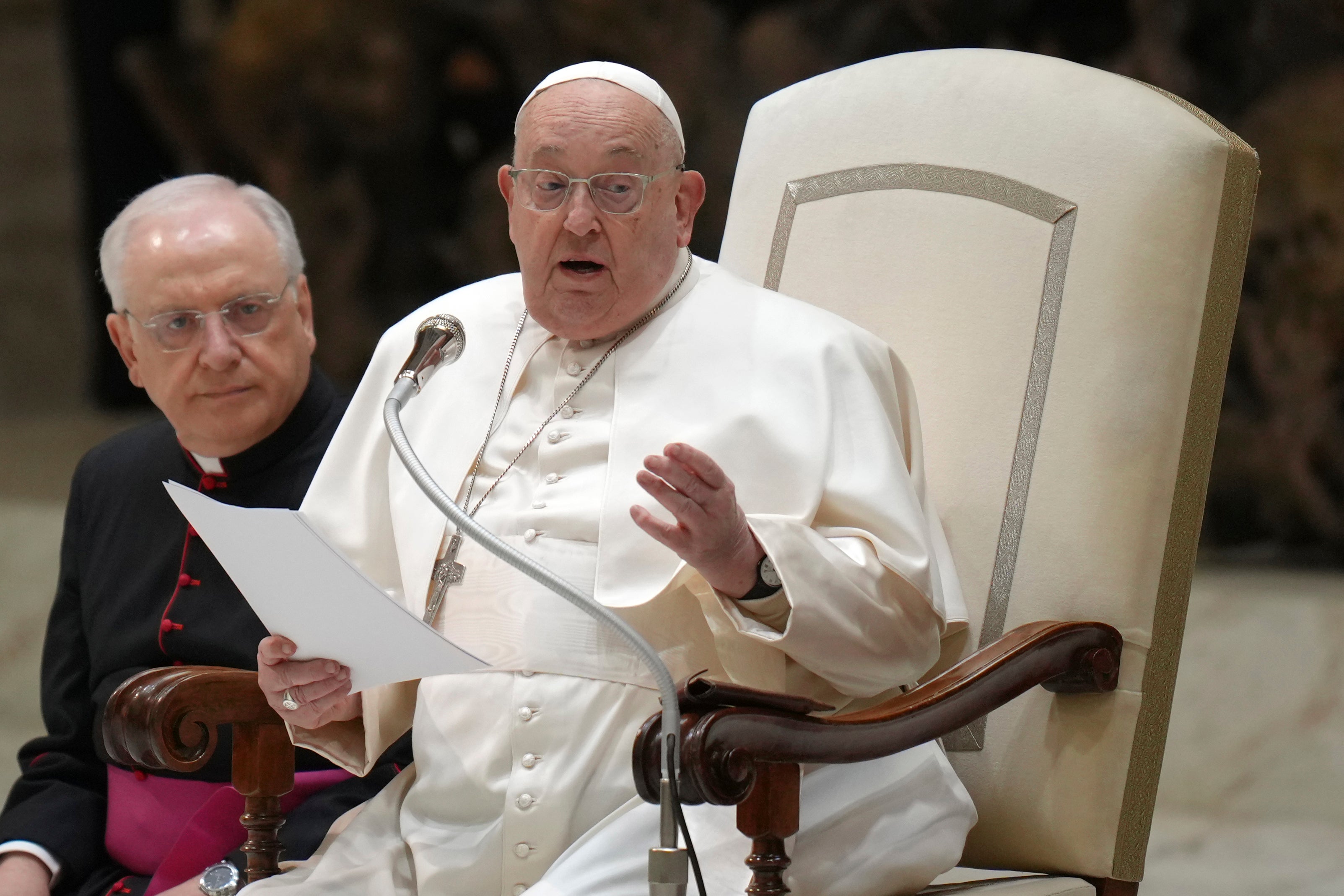The Zuckerberg-Trump Dynamic: Implications For Tech And Policy

Table of Contents
Facebook's Role in the Trump Presidency
The Trump presidency and Facebook's role in it are inextricably linked. The platform became a crucial tool for disseminating political advertising and messaging, influencing both the 2016 and 2020 elections. Key aspects of this relationship include:
-
Political Advertising and Targeted Advertising: The Trump campaign leveraged Facebook's sophisticated targeted advertising capabilities to reach specific demographic groups with tailored messages. This approach, while legally permissible, raised concerns about its potential to manipulate voter behavior and spread misinformation effectively. The sheer scale of spending on Facebook ads by the Trump campaign highlighted the platform's power in modern political communication.
-
The Cambridge Analytica Scandal: The Cambridge Analytica scandal, which involved the harvesting of user data without consent to influence political campaigns, cast a long shadow over Facebook's reputation and raised serious questions about its data security practices and responsibility in protecting user privacy. This event significantly damaged public trust in Facebook and fueled calls for greater regulation.
-
Combating Misinformation and Foreign Interference: Facebook faced intense scrutiny for its role in the spread of misinformation and foreign interference during both election cycles. The platform's struggles to effectively identify and remove this harmful content demonstrated the challenges of content moderation on a global scale. The lack of consistent and transparent enforcement fueled accusations of bias and lack of accountability.
The Clash Over Censorship and Free Speech
The Zuckerberg-Trump dynamic is characterized by a fundamental disagreement on censorship and free speech. Trump repeatedly criticized Facebook's content moderation policies, accusing the platform of censorship and bias against conservatives. This clash highlighted the complexities of balancing free speech principles with the need to combat harmful content like hate speech, misinformation, and incitement to violence.
-
Content Moderation and the Debate Around Section 230: The debate surrounding Section 230 of the Communications Decency Act, which shields online platforms from liability for user-generated content, intensified during this period. Trump's administration considered repealing or significantly altering Section 230, arguing that it allowed social media companies to censor conservative voices. Facebook, however, maintained that Section 230 was essential for protecting free speech and enabling innovation.
-
Balancing Free Speech and Harmful Content: Facebook's struggle to balance free speech principles with the responsibility to remove harmful content is a central challenge in the modern digital landscape. The company's policies evolved over time, but the challenges of enforcing these policies consistently and fairly, while avoiding accusations of bias, remain significant.
-
Differing Viewpoints on Censorship: The fundamental differences in the viewpoints of Zuckerberg and Trump on censorship underscore the wider societal debate surrounding the role of social media platforms in regulating speech and information.
The Impact on Tech Regulation
The Zuckerberg-Trump dynamic has significantly influenced the push for increased tech regulation globally. The controversies surrounding Facebook's practices fueled calls for stricter antitrust laws, enhanced data privacy measures, and more comprehensive social media regulations.
-
Antitrust Lawsuits and Their Potential Impact: Facebook has faced several antitrust lawsuits, alleging monopolistic practices and anti-competitive behavior. The outcomes of these lawsuits will have significant implications for the future of the company and the broader tech industry.
-
Data Privacy and Security: Concerns about data privacy and security, exacerbated by the Cambridge Analytica scandal, led to the implementation of regulations like the GDPR in Europe and similar data privacy laws in other countries. These regulations impose stricter requirements on social media companies regarding data collection, storage, and user consent.
-
Social Media Regulation and Innovation: The debate over social media regulation highlights the tension between the need to protect users and the potential for stifling innovation. Finding the right balance between regulation and fostering a competitive and innovative tech landscape is a critical challenge for policymakers.
Long-Term Implications for Democracy and Society
The long-term implications of the Zuckerberg-Trump dynamic for democracy and society are profound. The spread of misinformation and disinformation campaigns on Facebook has had a significant impact on public discourse, political polarization, and trust in institutions.
-
Misinformation and Democratic Processes: The ease with which misinformation can spread on social media platforms poses a serious threat to democratic processes. The consequences include eroded public trust, the distortion of public opinion, and ultimately, the undermining of electoral integrity.
-
Social Media and Political Polarization: Social media algorithms often reinforce existing biases, contributing to political polarization and societal division. Echo chambers and filter bubbles can limit exposure to diverse perspectives, exacerbating societal fragmentation.
-
Impact on Public Trust: The controversies surrounding Facebook and its role in political events have damaged public trust not only in the platform itself but also in other institutions, including government and the media. Restoring public trust requires greater transparency, accountability, and effective strategies to combat misinformation.
Conclusion:
The complex relationship between Mark Zuckerberg and Donald Trump has profoundly shaped the technological and political landscapes. Their clashes over censorship, misinformation, and the role of social media in elections have spurred significant debates about regulation, free speech, and the future of democracy. Understanding this dynamic is crucial for navigating the challenges posed by social media in the 21st century. Further research and discussion on the Zuckerberg-Trump dynamic are essential to developing effective policies that address the challenges posed by social media and protect the integrity of democratic processes. Let's continue the conversation about the implications of this significant relationship for tech and policy.

Featured Posts
-
 Los Angeles Palisades Fire A List Of Celebrities Whose Homes Were Damaged Or Destroyed
Apr 22, 2025
Los Angeles Palisades Fire A List Of Celebrities Whose Homes Were Damaged Or Destroyed
Apr 22, 2025 -
 The End Of An Era Pope Francis And His Vision Of A Compassionate Church
Apr 22, 2025
The End Of An Era Pope Francis And His Vision Of A Compassionate Church
Apr 22, 2025 -
 Zuckerberg And Trump A New Era For Facebook And Politics
Apr 22, 2025
Zuckerberg And Trump A New Era For Facebook And Politics
Apr 22, 2025 -
 Pope Franciss Impact The Upcoming Conclave And Its Implications
Apr 22, 2025
Pope Franciss Impact The Upcoming Conclave And Its Implications
Apr 22, 2025 -
 Broadcoms Proposed V Mware Price Hike At And T Reports A 1 050 Surge In Costs
Apr 22, 2025
Broadcoms Proposed V Mware Price Hike At And T Reports A 1 050 Surge In Costs
Apr 22, 2025
Latest Posts
-
 Bradley Wiggins Post Cycling Struggles Addiction Bankruptcy And Recovery
May 12, 2025
Bradley Wiggins Post Cycling Struggles Addiction Bankruptcy And Recovery
May 12, 2025 -
 Sir Bradley Wiggins From Cycling Legend To Drug Addiction And Bankruptcy
May 12, 2025
Sir Bradley Wiggins From Cycling Legend To Drug Addiction And Bankruptcy
May 12, 2025 -
 Nba Sixth Man Of The Year Payton Pritchards Historic Season
May 12, 2025
Nba Sixth Man Of The Year Payton Pritchards Historic Season
May 12, 2025 -
 Pritchards Path To Nba Sixth Man Of The Year A Celtics Journey
May 12, 2025
Pritchards Path To Nba Sixth Man Of The Year A Celtics Journey
May 12, 2025 -
 Could Payton Pritchard Win Nba Sixth Man Of The Year A Celtics Chance
May 12, 2025
Could Payton Pritchard Win Nba Sixth Man Of The Year A Celtics Chance
May 12, 2025
